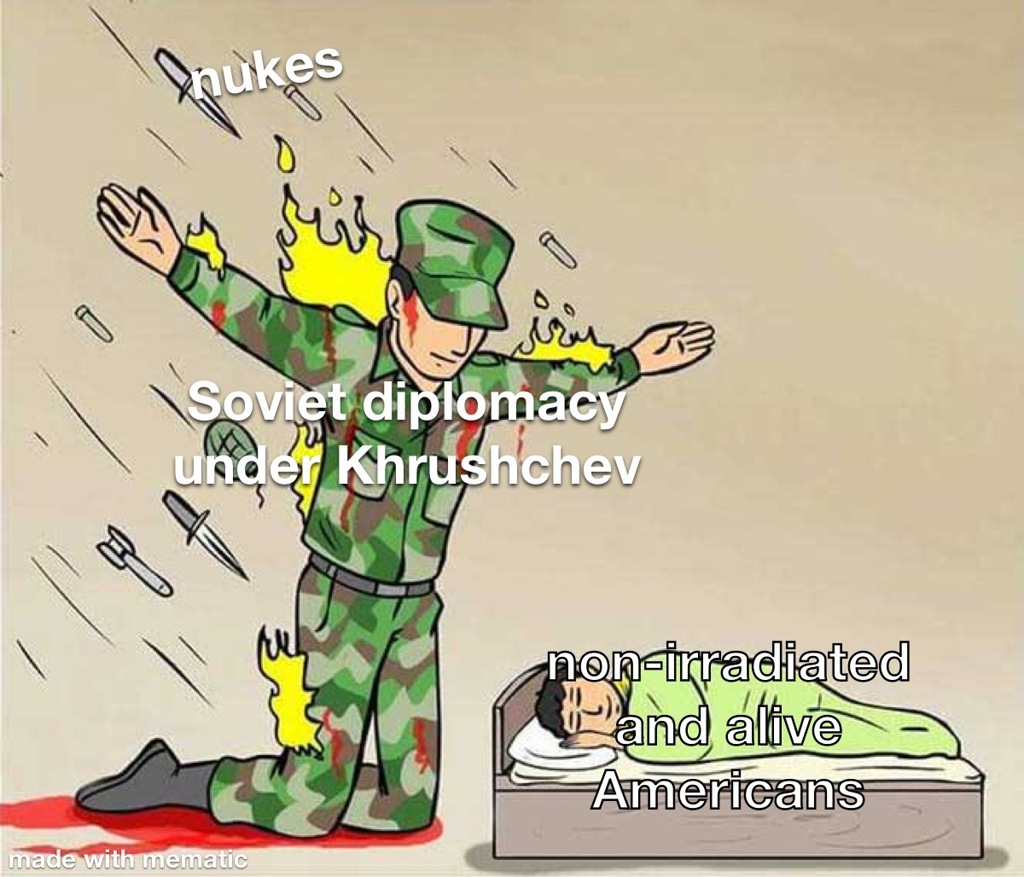123
you are viewing a single comment's thread
view the rest of the comments
view the rest of the comments
this post was submitted on 06 Feb 2024
123 points (100.0% liked)
chapotraphouse
13951 readers
797 users here now
Banned? DM Wmill to appeal.
No anti-nautilism posts. See: Eco-fascism Primer
Slop posts go in c/slop. Don't post low-hanging fruit here.
founded 4 years ago
MODERATORS

Having data to cross reference is a big deal idk how you could actually believe that's not a benefit
I hate to quote reddit but this post on r/askhistorian answered by Alex Wellerstein, a historian who wrote a book on the US nuclear secrecy, had a detailed answer:
At the same time, those scientists didn't know that and still risked everything to ensure the soviets got their information.
100%
you're making some argument about whether or not it was a benefit reducing time to completion, I am saying it is a benefit because that is literally how science works
that's called peer review dawg, which you can't do with nothing to review